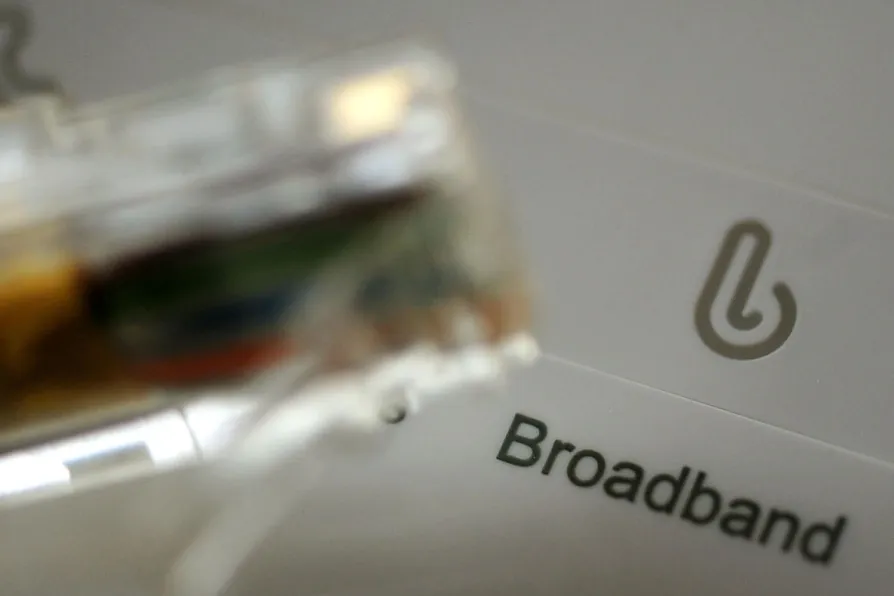

EVERY home in Britain will receive free and fast internet service under a Labour government, Jeremy Corbyn pledged today, vowing to clamp down on corporate “tax tricks” by creating a national broadband service.
Speaking at Lancaster University, the party leader said he would establish a free, fast and reliable internet connection for all houses and businesses within the next decade if he wins December’s general election.
The next Labour government would also seek to bring parts of BT, which is responsible for the “superfast” fibre broadband internet, into public ownership under the name British Broadband.

It is rather strange that Labour continues to give prestigious roles to inappropriate, controversy-mired businessmen who are also major Tory donors. What could Labour possibly be hoping to get out of it, asks SOLOMON HUGHES

Politicians who continue to welcome contracts with US companies without considering the risks and consequences of total dependency in the years to come are undermining the raison d’etre of the NHS, argues Dr JOHN PUNTIS

Our two-tear Chancellor’s woes at PMQs caused a multimillion-pound sinking feeling on the bond market, writes ANDREW MURRAY











